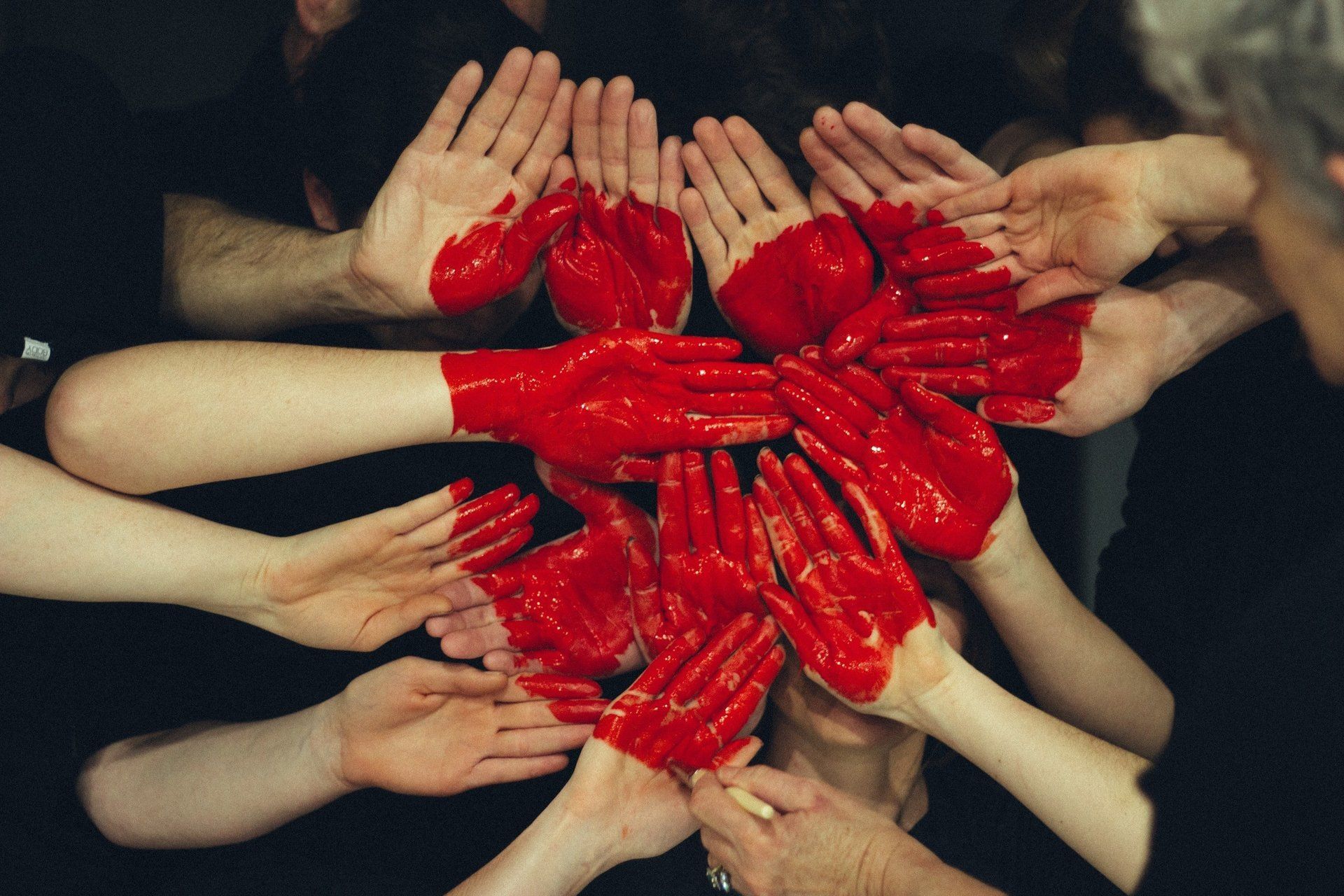Changing Habits
Kylie Truong • April 20, 2021
Steps to achieve change
Healthy Habits
- turning off the lights when leaving the room
- daily exercise
- going to bed on time
Unhealthy habits:
- biting nails
- eating in front of the tv
- skipping meals
How do habits develop?
Triggers, routine, reward
Habits develop when we find ourselves in a loop of triggers, routines, and rewards. Many times, our actions are triggered by other actions, emotions and environments. For example, feeling nervous and anxious may trigger us to bite our fingernails, or leaving one room to go into another triggers us to turn off the lights in the room that we’re leaving.
Once these triggered actions are done over and over, they become routines. These routines soon turn into habits once they are associated with a reward. Rewards can present themselves as calming effects of biting fingernails in stressful situations or lower electric bills from turning off lights.
With these combined, we easily create good and bad habits.
How to break unhealthy habits?
1. Be mindful, Identify triggers –
Take time to think about actions, emotions, and/or surroundings that occur before and during our bad habit actions. How were you feeling before the habitual behavior? Where were you? What were you doing? How do you feel afterwards?
Maybe you’ll recognize that you tend to overeat when you’re feeling negative emotions, when you’re watching TV, or maybe it happens when you’ve skipped a previous meal.
2. Why do you want to change –
By taking time to think about the reasons why you want your habits to change can boost your motivation. If you want to quit smoking, why? Is it for your health? Is it for your family? All of the above? Write them out, put reminders around your house, in your car, maybe even at work to keep yourself on track.
3. Create a support system –
Surround yourself with friends and family who are like-minded in supporting you through your journey. Our support systems can help keep us accountable and remind us why we’ve decided to break bad habits. If you surround yourself with others who participate in the same bad habits, the temptation can cause relapses in judgement and make it more difficult to change.
4. Replace with a healthy habit –
Sometimes habits are difficult to break because our minds and bodies feel empty without performing that habitual habit. This is when we can find healthy ways to replace unhealthy habits. For example, many smokers get used to the action of moving their hand to their mouths. This can be replaced by snacking on healthy foods such as sunflower seeds.
5. Visual or audible reminders –
Making mental notes can be helpful, but when mixed with cravings, emptiness, boredom, negative emotions, we can often get bogged down. This is when visual or audible reminders can be very helpful in clearing your mind. Visual reminders can be little notes around the house or small trinket items that you’ve associated with healthy habits. Audible reminders can be alarms (i.e. if you need to be reminded to go to bed earlier) or specific songs (i.e. a song that reminds you of a loved one who inspires you to make healthy changes).
6. Forgive yourself –
Breaking habits can be difficult for anyone who’s up for the challenge. Because these repetitive actions are ingrained in our minds and are typically given positive reinforcements, it’s easy to slip back into them. If this happens, forgive yourself. Instead of feeling guilty or discouraged, take time to reflect on what happened. What triggered the action, what could have replaced the action, why do you want to change the action? Remember, just because you slip once or twice, doesn’t mean that it’s over. There’s always a next time to make a difference decision and change your behaviors.
7. Focus on the process, not the entire goal – It’s important to start small when working towards changing a habit. Behavior change is a tedious but worthwhile journey of reflection, progression, and reward. Take small steps by changing little things one at a time rather than attempting to dive into a whole new routine. For example, if you want to change your bad eating habits, take one step at a time. Focus on using smaller plates for portion control. Once this feels comfortable and becomes a routine, then think about incorporating more veggies and less carbs. This is much more manageable than suddenly using smaller plates, eating more veggies, being the healthiest of healthy eaters after many years of junk foods and large portions all at once. Take steps, enjoy the process slowly and grow into healthier habits. This way you’ll avoid burnout and overwhelming yourself.
8. Change your environment –
Sometimes our environment can have triggers to our habits. By changing the environment (i.e. moving furniture around, changing bedding, allowing more natural light in, redecorating, etc.) we are able to eliminate triggers in our environments. New habits lead to a new you. If you feel stuck in the same environment, then it’s difficult to fully envision the new, healthier, happier version of yourself!
9. Reset mentally – Changing habits can be challenging mentally and physically, so remember to practice good self-care. Get lots of sleep, eat healthy meals, and address medical issues as needed. Extra stress on top of the difficulties of changing habits can make it more daunting and unpleasant to push through.
10. Treat yourself –
Motivation comes in a variety of forms for different people. It’s important to celebrate victories and progress, no matter how small, in order to continue and drive that motivation. We want to boost your confidence in this journey to take control of your own habits and health; therefore, the process slowly becomes easier and more manageable over time. Big changes aren’t the only things that need celebration and recognition. Even tiny, small steps to progress are worth promoting and rewarding.














